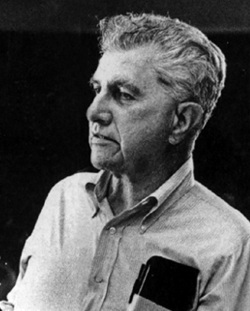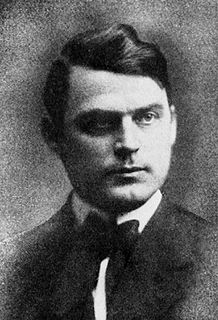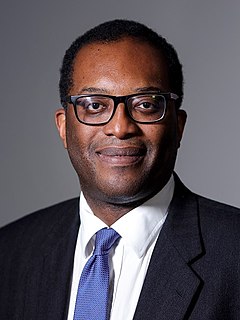A Quote by Robert Kiyosaki
Assets put money in your pocket, whether you work or not, and liabilities take money from your pocket.
Related Quotes
When you incline to have new clothes, look first well over the old ones, and see if you cannot shift with them another year, either by scouring, mending, or even patching if necessary. Remember, a patch on your coat, and money in your pocket, is better and more creditable, than a writ on your back, and no money to take it off.
I had intended to make another film, called Pocket Money, which was to be about children at a school. I was very much intrigued by the story [of Close Up] - it came into my dreams and I was very much influenced by it. So I called my producer and asked that we put aside Pocket Money and start something else, and he agreed.
With money we really fool ourselves. We are our biggest enemies with money and there are some things we can do about it. Automatic deductions are a wonderful thing. But ideally, you should wait until the end of the month, you can see how much extra money you had, and you should put that in your savings account. We don't do that too well, and if we did that, we would never save. So, what we do, is we take money out of our pocket into the saving account at the beginning of the month, take it outside of our control and as a consequence, we spend less and we save more.
Doing good with other people's money has two basic flaws. In the first place, you never spend anybody else's money as carefully as you spend your own. So a large fraction of that money is inevitably wasted. In the second place, and equally important, you cannot do good with other people's money unless you first get the money away from them. So that force - sending a policeman to take the money from somebody's pocket - is fundamentally at the basis of the philosophy of the welfare state.

































